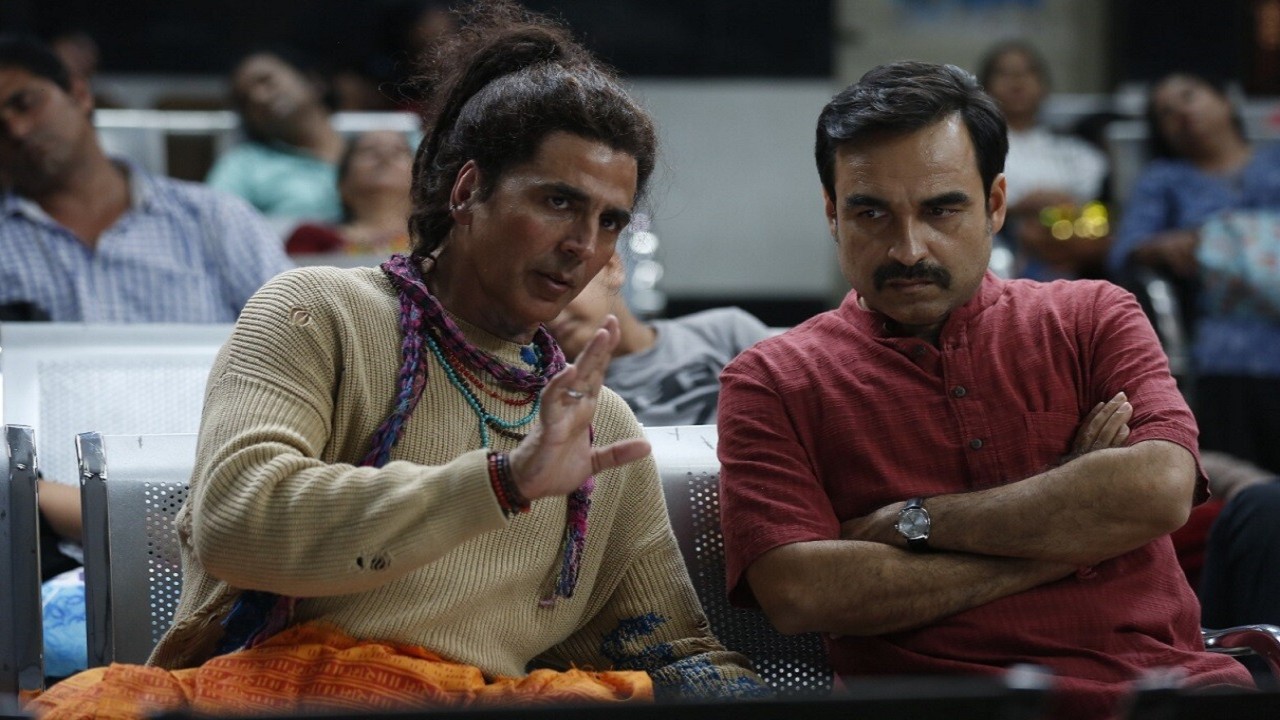Hindi Movie Review: Mission Raniganj takes a dated, but still emotionally engaging approach to telling a harrowing true mining story

The box office underperformance of Mission Raniganj has led many online and in the Bollywood media to speculate that Akshay Kumar may be ‘done for’ as a leading man, especially when paired with the disastrous results for his other key film this year, Selfiee. And the movie itself lends plenty of ammunition to this argument, coming across as dated in several ways that feel less nostalgic (a la Top Gun: Maverick) than they do just-plain-tired. Based on the famous coal mining rescue mission of 1989, the film’s story is truly remarkable, but as audiences have been reminded countless times before, inspiring source material doesn’t automatically lend itself to great filmmaking.
The first few scenes, in particular, had me fearing for the worst. They immediately struck me as though they could be part of a Bollywood film quickly forgotten 20 years ago – and I’m relatively new to watching this industry’s productions! Kumar’s character, mining engineer Jaswant Singh Gill, is introduced with such an old-fashioned heroic tone that feels so artificial, you have to keep reminding yourself that he’s actually based on a real person. Then there’s a throwaway musical number because… well, the filmmakers still feel obligated to include one and there was no other logical place to toss it in. Not long after, we get to the big action set-piece where the mine collapses, trapping dozens of miners inside, and the cheap-looking CGI (especially the water effects) undermines the authenticity of the chaos.
Hindi Movie Review: OMG 2 falters in adapting the original scenario to a fit new social issue

The first Oh My God!, released in 2012, was a flawed film with an intriguing high concept, adapted from the Gujarati stage play Kanji Virudh Kanji and its inspiration, the Australian film The Man Who Sued God. The premise: With the earthquake that destroyed his shop deemed an “Act of God,” atheist Kanji Lalji Mehta seeks to take the responsible party – in this case, the Lord himself – to court. This evolves into a clever morality play that sees Kanji going after the self-anointed religious officers in society who collect donations only to enrich themselves, rather than serve the will of God and help others. While the setup of Oh My God! was better than its execution, which took the story into heavy-handed and obvious directions, it had a thought-provoking central idea relating to organized religion’s role in upholding justness. Looking back, it’s no surprise that such an ingenious, easily articulated concept that hit at the zeitgeist yielded big box office returns.
Oh My God! was clearly intended to be a self-contained story, so it’s hardly a surprise that its connection to this decade-later sequel feels awkward at best. The only common ingredient between the two films is Akshay Kumar, who reprises his role as a divine messenger – this time as a manifestation of Shiva, while last time it was Krishna. But even this part of the sequel feels like it has been shoehorned in. Whereas Kumar came across as a true spiritual guide to Kanji in the first film, offering divine counsel in urging him to read the Gita, Bible, and Quran for answers to his predicament, here he takes on more of the role of a “fairy godfather,” providing convenient solutions for protagonist Kanti Sharan Mudgal (Pankaj Tripathi) whenever he reaches a seemingly unsurmountable obstacle. As such, the franchise’s entire notion of spiritual devotion becomes muddled; whereas the first film ultimately extolled the virtues of unconditional belief in God, here it would seem the takeaway is you only need Him when you’re in a pinch. And this is only the beginning of the story’s thematic confusion.

